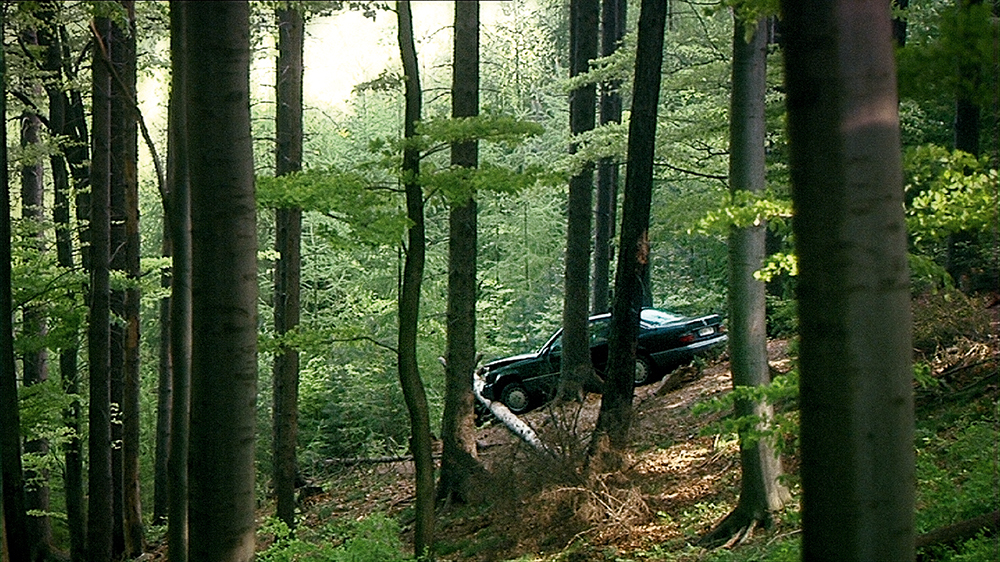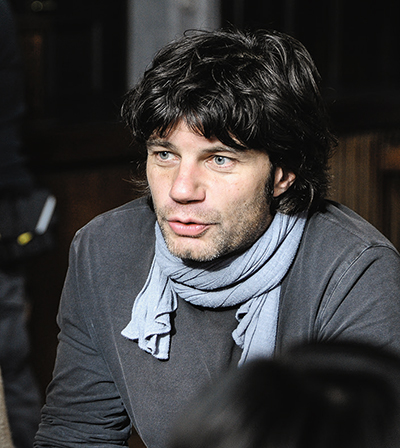Together with his colleagues from coop99, Film Academy graduate Antonin Svoboda is among Austria’s most successful producers and directors.

In 1999, the director, author, and producer Antonin Svoboda founded coop99 Filmproduktion together with his mdw classmates Barbara Albert, Martin Gschlacht, and Jessica Hausner. Since then, this production company has become a successful fixture in the world of Austrian film and cinema, and Antonin Svoboda can look back on a long list of successful films as a producer, works including Hupert Sauper’s Oscar-nominated film Darwin’s Nightmare and the recently coproduced film Toni Erdmann, which received awards including the renowned critics’ prize FIPRESCI for Best Film in Competition at the Cannes Film Festival and then the FIPRESCI Grand Prix for the year’s best film, and is also being submitted by Germany to the Best Foreign Film competition at the 2017 Oscars.

The now 47-year-old-Viennese is successful as a director, as well (Immer nie am Meer, Der Fall Wilhelm Reich, et al.). A key feature of coop99 is that all founders are simultaneously general managers and producers, and that frees up time for artistic projects, since “after all these years, we know each other and know who has what qualities,” says Svoboda. Even during their studies at the Film Academy, the founders of coop99 already worked together a lot and traded thoughts about the films they’d seen or made themselves—so their “ common dream of film” came quite naturally: “We came together not for business reasons, but for substantive, film-related ones. Austria just didn’t have a production company back then that would’ve supported the films we wanted to make.”
Independence and Openness
Today, the production atmosphere in Austria is bit better: “There’s been some improvement in terms of awareness and in financing,” says Svoboda. But subsidies and support, he says, are still far too dependent on political decision-makers. In the interest of independence and openness, coop99 began cooperating with international partners quite early on. But while that was originally for economic reasons, the motivation for doing so is now primarily artistic: “In film, it’s not just about regional qualities, but also about understanding the world and its relationships, and about exchange and challenging oneself at the international level.“
Memories
Not all of his memories from his Film Academy days are rosy; sometimes, insufficient openness to the outside and a school-likesystem posed difficulties for the young creatives studying there. But Antonin Svoboda’s most vivid memories are of the teamwork among the students—from which, the fruitful collaboration at coop99 ultimately went forth—as well as the important input of individual professors. “Birgit Flos and Werner Herzog were very important people for us, because alongside wanting to ‘learn the equipment’, we were hungry for artistic and intellectual discourse and experience from actual practice.“
Love
Antonin Svoboda’s love of filmmaking, which was probably the reason he went to train at the Film Academy, has remained with him to this day. And asked as to the future of the cinema as such, Svoboda expresses his hope that its special quality will still be valued for a long time to come—namely as a “place of feelings, of growth, and of yearning”. coop99 is continuing its work towards these things, “and we support everything that keeps this form of encounter alive,” he says. Svoboda doesn’t necessarily advise young producers to found their own companies—and if they do, he says, it should be as part of a team and with a good overall plan. And for everybody, including young directors, he has a tip that speaks to what’s probably most decisive in the field of art: “Do what you do with love and determination!”

